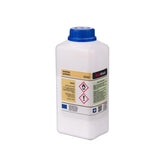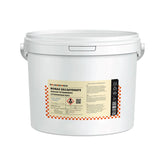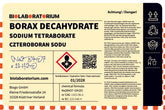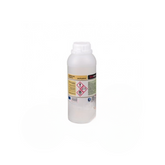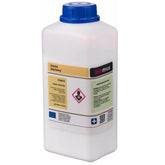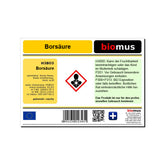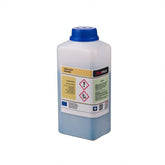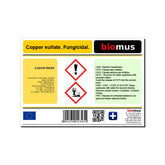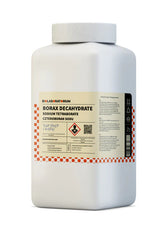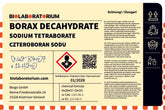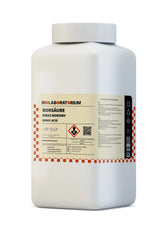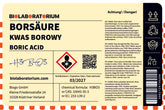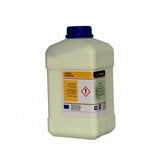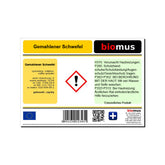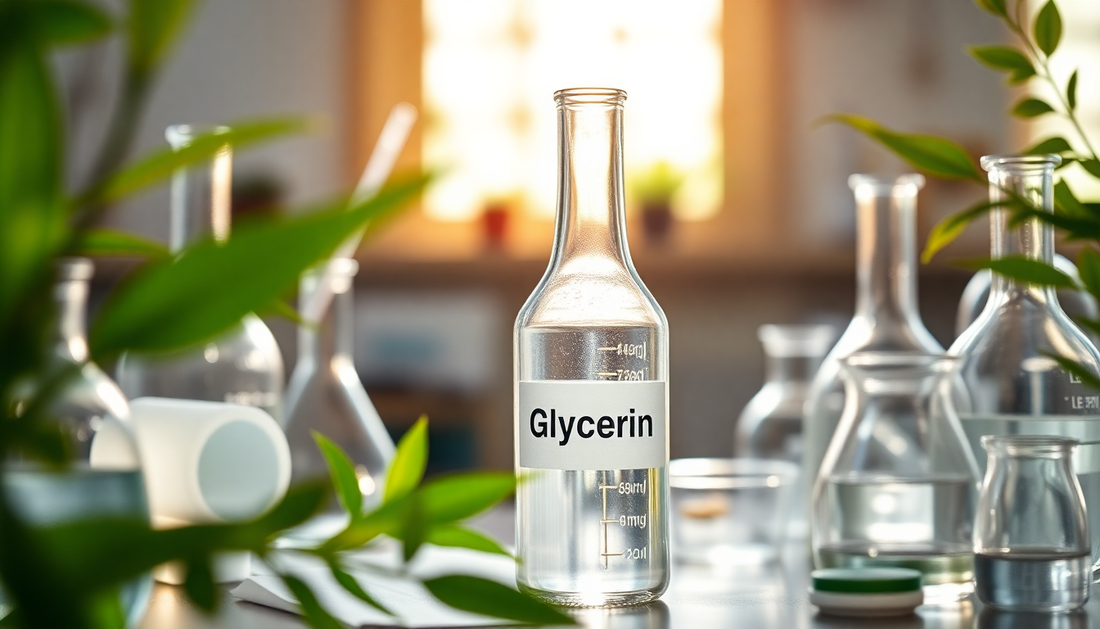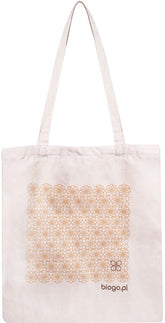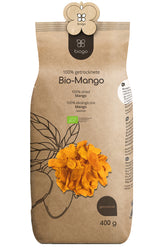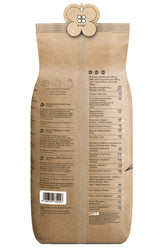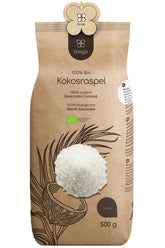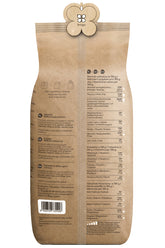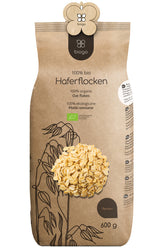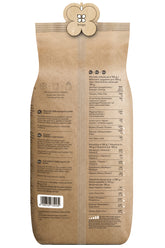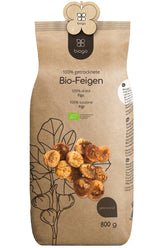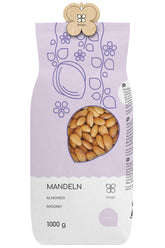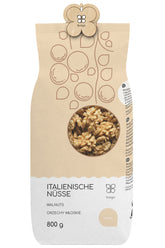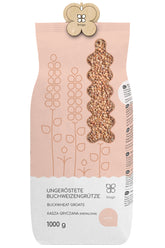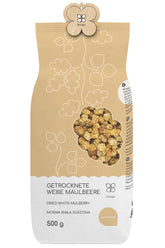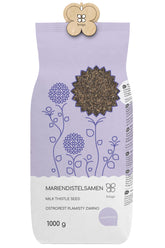Vegetable glycerin is a valuable and versatile raw material used in numerous industries. As a natural by-product in the production of biodiesel or soap, it is gaining importance and offers numerous advantages over conventional petrochemical alternatives. In this article, we take a look at the technical properties and diverse applications of vegetable glycerin.
The production of vegetable glycerin
Glycerin is a trivalent alcohol that is widespread in nature. It is produced as a by-product during the saponification of fats and oils, for example in the production of biodiesel or soap. While glycerin was previously obtained from petrochemical sources, production from renewable raw materials such as vegetable oils or fats is becoming increasingly important.
The advantage is obvious: vegetable glycerin is a sustainable and environmentally friendly raw material that can be produced without the use of fossil fuels. Additionally, it is free from harmful substances and can therefore be safely used in a wide variety of products.
Technical properties of vegetable glycerin
Vegetable glycerin is characterized by a number of interesting technical properties that make it ideal for many industrial applications:
High viscosity
Glycerin is a highly viscous liquid that can be effectively used as a thickening agent or flow regulator. This property makes it a valuable ingredient, for example, in cosmetic products or paints and coatings.
Good solubility
Glycerin is well soluble in water as well as in many organic solvents. This enables its use in aqueous and non-aqueous formulations.
Moisture absorption
Glycerin is hygroscopic, meaning it absorbs moisture from the environment. This property makes it a valuable humectant in cosmetics, food products, or tobacco products.
Odor and Taste Neutrality
Vegetable glycerin is odorless and tasteless, which facilitates its use in food, beverages, or pharmaceuticals.
Non-toxicity
Glycerin is non-toxic to humans and can therefore be safely used in products for direct contact with skin or mucous membranes.
Temperature resistance
Glycerin is stable even at higher temperatures and is therefore well suited for applications where heat plays a role, such as in varnishes, adhesives, or lubricants.
Antistatic effect
Due to its electrically insulating properties, glycerin can have an antistatic effect and is therefore used in electrostatically sensitive products.
These diverse technical properties make vegetable glycerin an extremely versatile and valuable industrial raw material.
Application areas of vegetable glycerin
Due to its excellent properties, vegetable glycerin is used in numerous industrial sectors. Here is a selection of the most important application areas:
Cosmetics and personal care
In creams, lotions, soaps, and other cosmetic products, glycerin serves as a humectant, viscosity regulator, and solvent carrier. It provides a pleasant skin feel and supports the skin barrier.
Pharmacy and medicine
Glycerin is also an important excipient in pharmaceutical manufacturing and medical technology. It is used in ointments, suppositories, injection solutions, and medical products.
Food industry
As a humectant, solvent carrier, and flavor carrier, glycerin is a versatile additive in food, beverages, and tobacco products.
Chemical Industry
In the chemical industry, glycerin serves as a starting material for the production of plastics, adhesives, varnishes, paints, and lubricants.
Energy industry
In biodiesel production, glycerin is produced as a by-product, which is then used in other industrial sectors.
Further applications
Furthermore, glycerin is used in textiles, paper, ceramics, explosives, and many other products.
Conclusion: Vegetable glycerin – a sustainable industrial raw material
Vegetable glycerin is an extremely versatile and sustainable industrial raw material used in numerous industries. Its excellent technical properties such as viscosity, solubility, moisture absorption, and temperature resistance make it a valuable auxiliary in cosmetics, pharmaceuticals, food, and many other industrial sectors.
By being derived from renewable raw materials such as vegetable oils or fats, vegetable glycerin is also an environmentally friendly and resource-conserving raw material that supports the move away from fossil fuels. Given the diverse applications and the increasing demand for sustainable products, vegetable glycerin will continue to play an important role in industrial production in the future.
THE CHOICE OF THE PUBLISHER
Indian motif bag made of natural cotton ecru biogo.de
- €11.23 EUR
- €11.23 EUR
- Unit price
- / per
Dried organic mango 400 g BIOGO
- €10.99 EUR
- €10.99 EUR
- Unit price
- / per
Organic coconut flakes 500 g BIOGO
- €10.07 EUR
- €10.07 EUR
- Unit price
- / per
Organic oat flakes 600 g BIOGO
- €3.77 EUR
- €3.77 EUR
- Unit price
- / per
Dried organic figs 800 g BIOGO
- €30.12 EUR
- €30.12 EUR
- Unit price
- / per
Almonds 1 kg BIOGO
- €11.69 EUR
- €11.69 EUR
- Unit price
- / per
Walnuts 800 g BIOGO
- €8.65 EUR
- €8.65 EUR
- Unit price
- / per
Unpeeled buckwheat groats 1 kg BIOGO
- €2.80 EUR
- €2.80 EUR
- Unit price
- / per
Dried white mulberry 500 g ORGANIC
- €5.84 EUR
- €5.84 EUR
- Unit price
- / per
Milk thistle seeds 1 kg BIOGO
- €3.99 EUR
- €3.99 EUR
- Unit price
- / per
